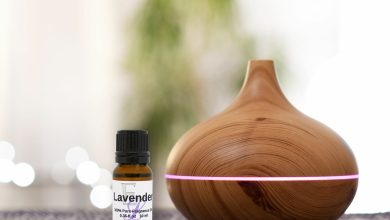4 Essential Ophthalmic Instruments

Ophthalmic instruments are the backbone of eye care, enabling professionals to diagnose, treat, and manage various vision-related conditions with precision. These tools are meticulously designed to ensure accuracy, safety, and effectiveness in both diagnostic and surgical settings. Let’s explore the key instruments used in ophthalmology and their significance.
Diagnostic Instruments
- Ophthalmoscope
An ophthalmoscope is a handheld device used to examine the retina and optic nerve. It allows ophthalmologists to detect conditions such as glaucoma, diabetic retinopathy, and macular degeneration. - Slit Lamp
The slit lamp provides a magnified, three-dimensional view of the eye’s anterior and posterior segments. It is essential for evaluating cataracts, corneal injuries, and other eye conditions. - Retinoscope
A retinoscope helps measure refractive errors by analyzing light reflection from the retina, aiding in prescribing corrective lenses. - Tonometry Devices
These instruments measure intraocular pressure (IOP), crucial for diagnosing and managing glaucoma.
Surgical Instruments
- Forceps
Ophthalmic forceps, such as tying and tissue forceps, are designed for delicate eye surgeries. They provide a secure grip on fine tissues. - Scissors
Micro scissors are used for precise cutting during surgeries like cataract removal and corneal transplants. - Needle Holders
These instruments are essential for suturing delicate tissues, ensuring accuracy and minimal damage. - Phacoemulsification Machines
These devices are vital for cataract surgery, using ultrasound to break up and remove the clouded lens.
Advanced Technologies
- Optical Coherence Tomography (OCT)
OCT provides high-resolution images of the retina, aiding in the diagnosis and monitoring of retinal diseases. - Laser Systems
Lasers, such as femtosecond and excimer lasers, are used for refractive surgeries like LASIK and for treating retinal disorders. - Vitrectomy Machines
These devices are used in retinal surgeries to remove the vitreous humor and repair retinal detachments.
Maintenance and Care
Proper sterilization and maintenance are crucial to ensuring the longevity and performance of ophthalmic instruments. Regular calibration and adherence to hygiene protocols are essential to prevent infections and ensure patient safety.
Ophthalmic instruments are indispensable in the field of vision care. From diagnosing common eye conditions to performing intricate surgeries, these tools empower professionals to deliver exceptional care. As technology continues to evolve, the field of ophthalmology is set to achieve even greater precision and success, ensuring better outcomes for patients worldwide.
Why Choose Stellmacher Instruments?
Choose Stellmacher Instruments for ophthalmology as it provides precision and excellence in eye care. Designed with advanced technology, our tools ensure accuracy, safety, and durability for delicate ophthalmic procedures. Trusted by specialists worldwide, Stellmacher delivers innovation and quality, making us the preferred choice for superior vision care solutions.




